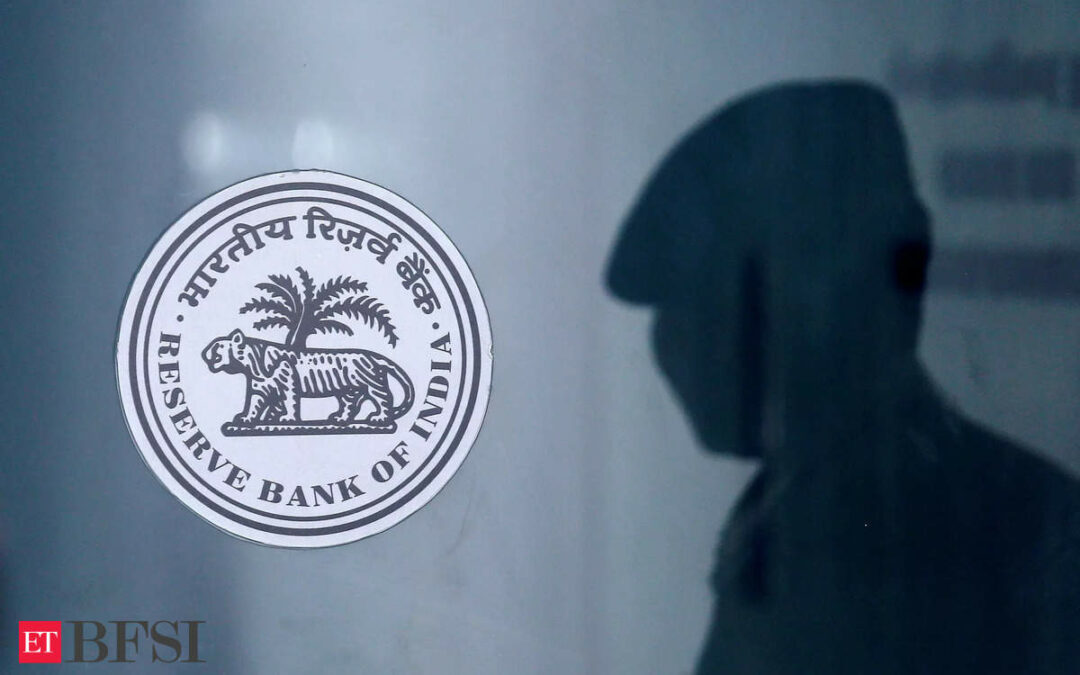The Reserve Bank of India (RBI) on Tuesday released a Master Direction on the treatment of wilful defaulters and large defaulters, providing a framework to handle cases of loan defaults.
This directive, effective 90 days from the publication, is applicable to all commercial banks, co-operative banks, financial institutions, and non-banking financial companies (NBFCs), among others.
“The primary objective of these directions is to establish a transparent and non-discriminatory procedure for classifying borrowers as wilful defaulters. The directives also aim to disseminate credit information about wilful defaulters to caution lenders against extending further finance to them,” said the RBI.
Applicability of Directions
These directions apply to all lenders, including banks, asset reconstruction companies (ARCs), and credit information companies (CICs). The restrictions on further financial accommodations to wilful defaulters extend to all entities regulated by the RBI.
Asset Reconstruction Companies (ARCs) and Credit Information Companies (CICs) are required to adhere to the reporting requirements specified in Chapter III of the Master Directions document.
Additionally, restrictions on further financial accommodation for wilful defaulters and the provisions concerning large defaulters apply to all entities regulated by the Reserve Bank of India (RBI), irrespective of whether they meet the ‘lender’ definition outlined in the Directions.
Reporting of Wilful Defaulters and Large Defaulters
According to the master directions, lenders must report large defaulters and wilful defaulters to CICs, ensuring that credit information is accurately disseminated to caution other lenders.
The responsibility for correct reporting rests with the concerned lender. They must ensure the accuracy of the information by cross-checking with relevant databases, such as the Registrar of Companies.
Specific guidelines are provided for handling cases where settlements are reached, ensuring that such cases are still reported and monitored.
Guidelines are provided for handling defaulted loans sold to other lenders or ARCs, ensuring that these loans are still tracked and managed appropriately.
Accounts resolved under the Insolvency and Bankruptcy Code (IBC) or other resolution frameworks are also included in the reporting requirements, ensuring comprehensive coverage of all defaulted accounts.
Preventive Measures and Role of Auditors
Lenders must implement robust credit appraisal systems and monitor the end-use of funds. Measures include scrutinizing quarterly progress reports, regular inspection of borrowers’ assets, and periodic management audits, as outlined in the directions issued by RBI.
Auditors play a critical role in detecting and preventing wilful defaults. If auditors are found negligent, lenders must report them to the National Financial Reporting Authority (NFRA) or the Institute of Chartered Accountants of India (ICAI), it said.
With the implementation of these directions, several previous circulars and guidelines related to wilful defaulters and large defaulters are repealed, consolidating the regulatory framework under this comprehensive directive.
The Master Direction was released for public comments in September 2023, and the final version incorporates feedback from various stakeholders.











